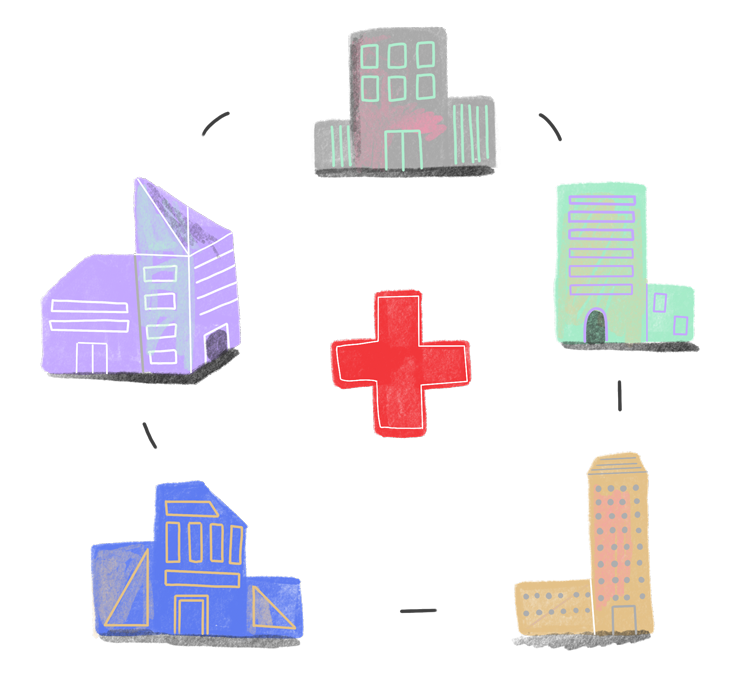This resource is designed for clinicians who want to learn about open notes. It provides materials to help clinicians understand the benefits and risks of sharing notes with patients.
Find out how open notes may affect workflow and note writing. Learn how to make the most out of sharing notes with patients.




